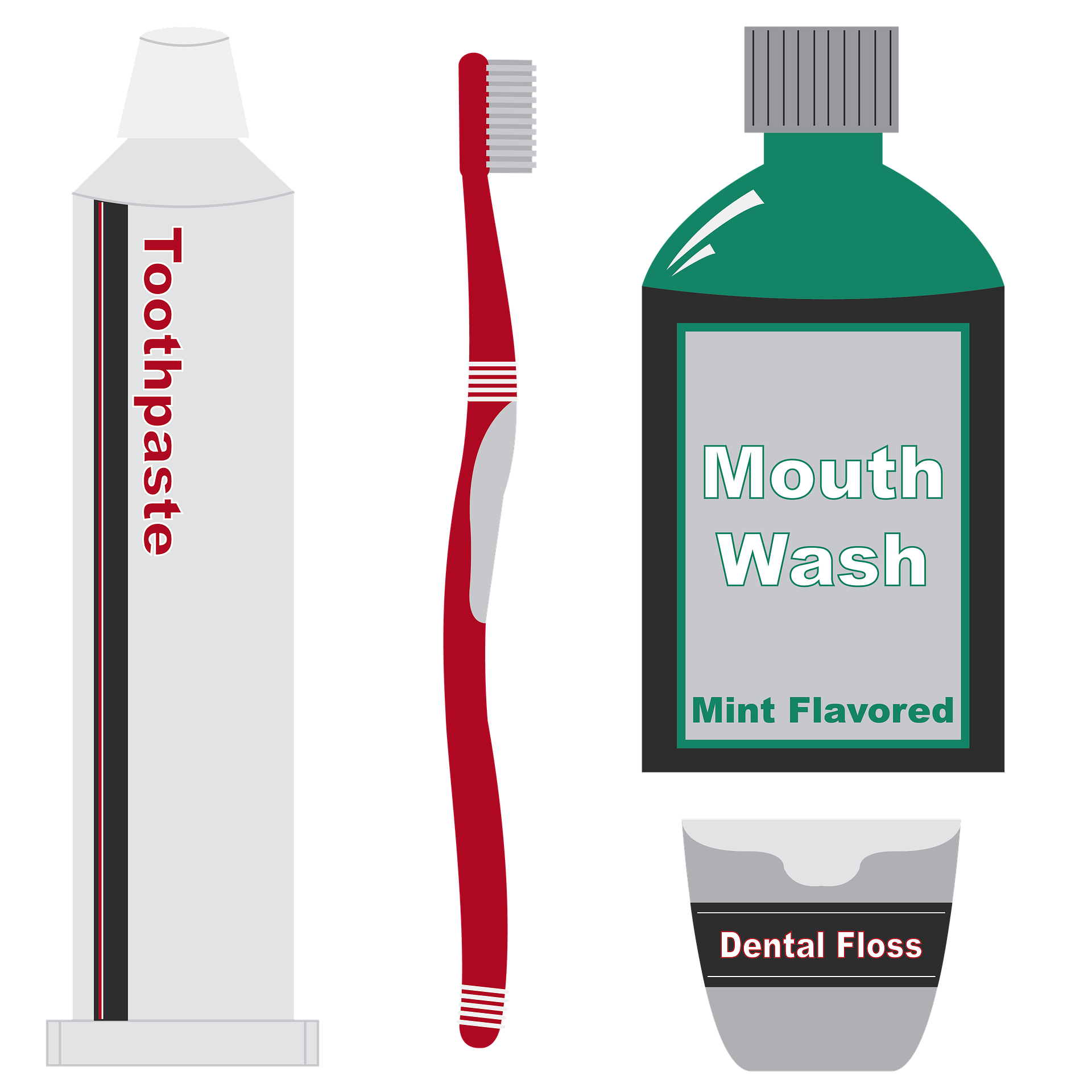Dental appointments only play a part in maintaining your oral health. Most of your oral health care is completed right in the comfort of your home. If you’ve browsed the oral hygiene aisle at your local pharmacy, items on display may overwhelm you. Here’s a list of 5 dental health tools you should keep in your home!
Toothbrushes
Did you know you should change your toothbrush every 3 months? And did you know that there are soft, medium, and hard brushes? Generally soft brushes are recommended, but you can ask our team at your next visit which type would be best for your situation. It’s good to have some extra toothbrushes on hand for when it’s time to switch to a new one. Extras are also good for taking with you on trips or outings. And you never know when a guest might need a toothbrush!
Dental Floss
If you’re hesitant to say you floss every night, be sure to make an effort. Flossing is critical in reaching areas that your toothbrush can’t! There are two types of dental flosses, waxed and unwaxed. The floss you should keep in your medicine cabinet depends on the space between your teeth. Waxed floss is easier to get into tight spaces.
Dental Picks
Instead of traditional dental floss, dental picks and sticks are great for interdental cleaning. Whether you’re in a rush or have braces, dental picks are handy!
Tongue Scraper
Did you know the majority of bacteria in your mouth live on your tongue? A tongue scraper helps remove bacteria that you may forget to brush. Keeping your tongue free from bacteria can help prevent bad breath.
Mouthwash
While mouthwash is not a substitute for brushing with toothpaste, it can help manage several dental issues. Mouthwash can help kill lingering bacteria and wash away remaining food on the tooth or gums. Certain types of mouthwash, like fluoride mouthwash, can even strengthen your enamel!
Schedule Your Dental Visit in Austin, TX
At Southwest Smiles, Dr. Chittajallu and our team are happy to provide patients with tips and tricks when caring for their oral health. During routine exams, we’ll always ask how you’re doing with your care at home. If you’re looking for more advice for a healthy smile, give us a call.

